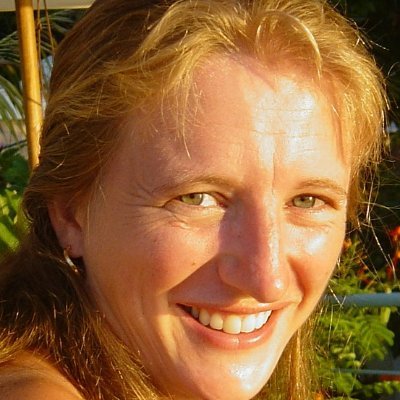strong>@CaroScienceEd; @stmaryssecsci [
clear filter]
09:45 GMT
Keynote selected by Teacher Developers' Group: Welcoming diverse pre-service science trainees: transformational practices
Thursday January 9, 2025 09:45 - 10:35 GMT
Speakers 
Leeds Trinity University, Senior Lecturer in Secondary Education Twitter, Leeds Trinity University

Course Lead PGCE Secondary Science, St Mary's University Twickenham
I am a lecturer in secondary and primary science, having recently spent 10 years teaching in secondary.As a chemistry teacher I am particularly interested in the understanding of symbolism in science education. I completed my masters in how students justify organic chemistry mechanisms...
Read More →
Associate Professor Physics Education, University of Birmingham
After spending 15 years teaching physics in secondary schools in the West Midlands area, Dan is now Associate Professor of Physics Education at the University of Birmingham as well as a DPhil research student at the University of Oxford. Dan works on widening access to physics at...
Read More →RD
Lecturer Science Education, Kings College London

